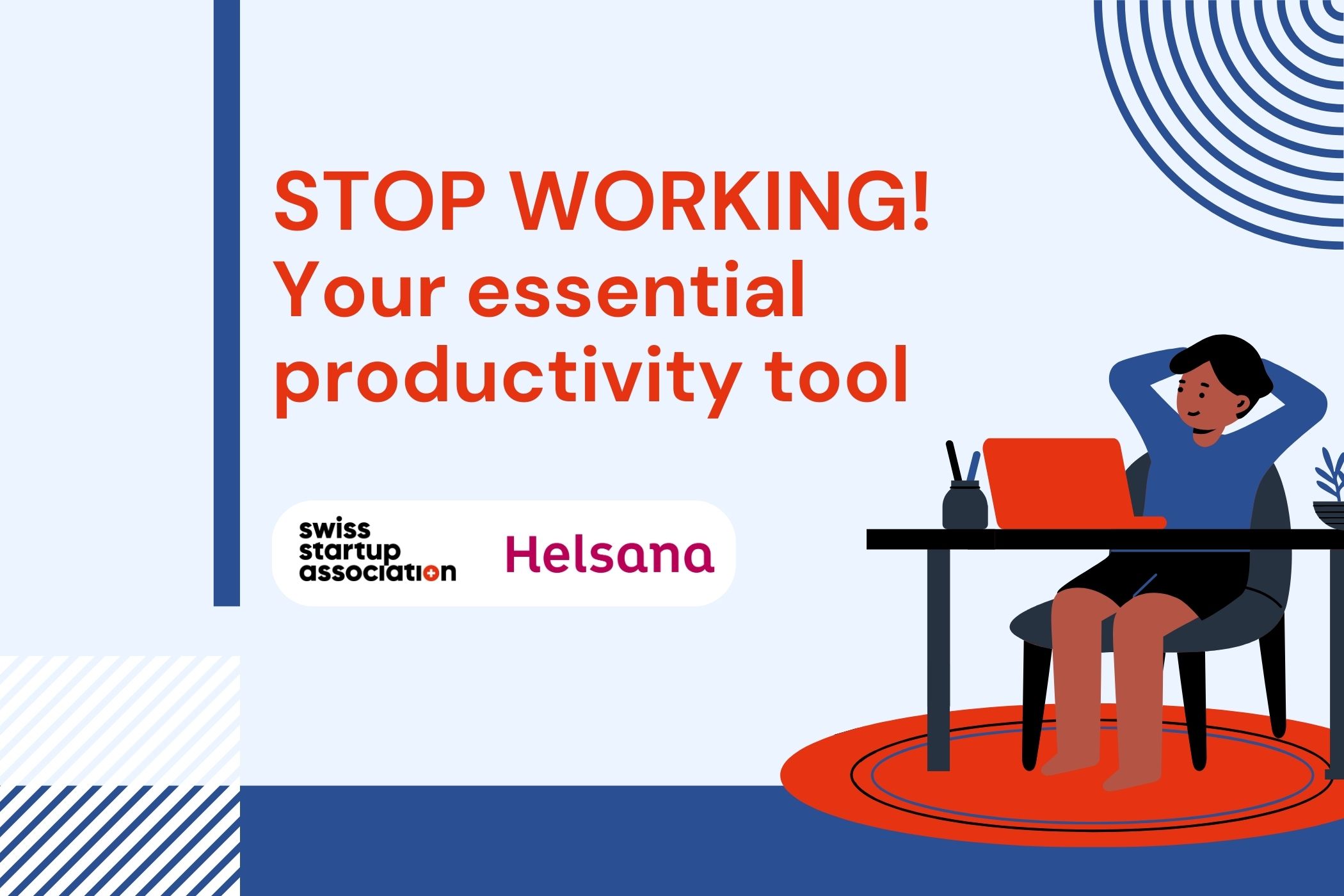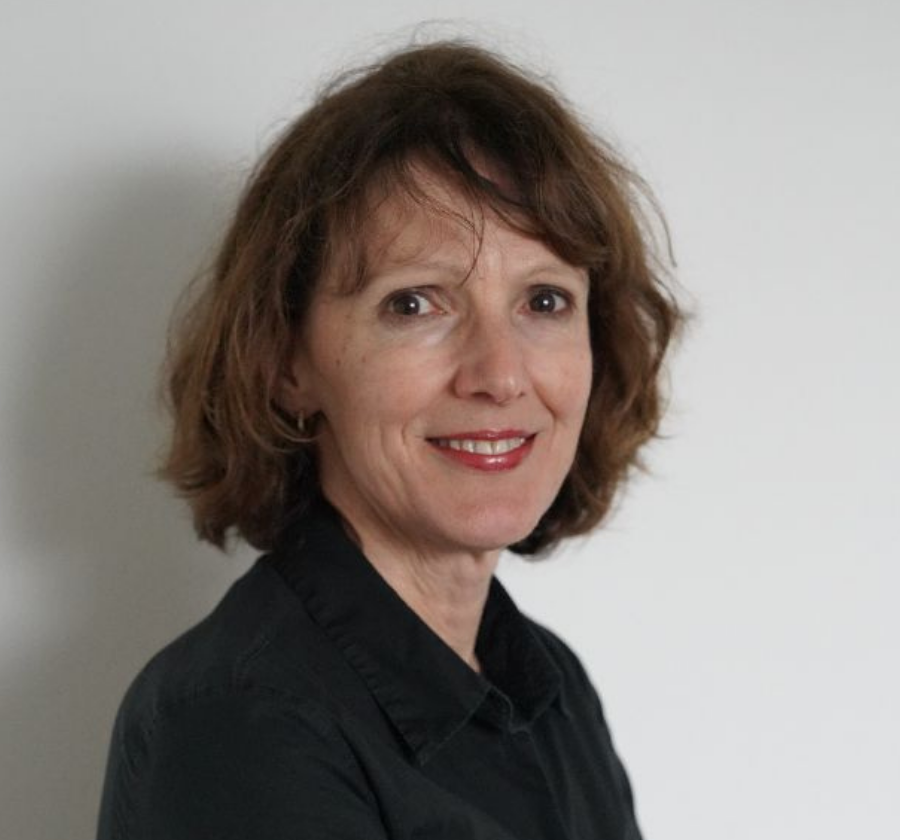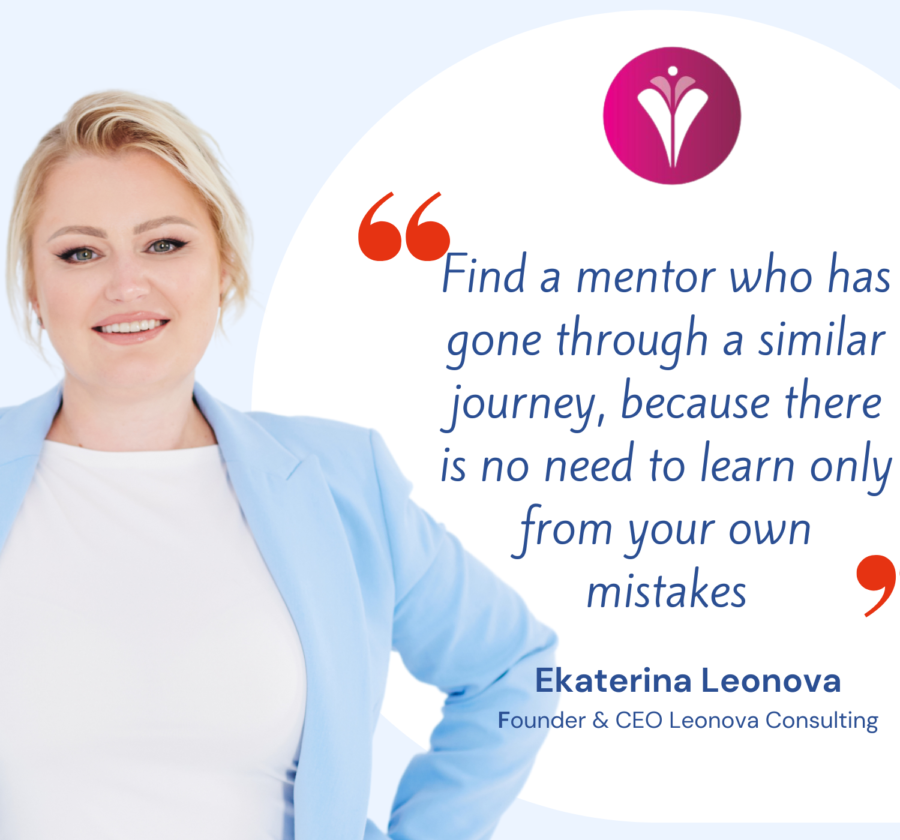
STOP WORKING! Your essential productivity tool
Of course, we mean regularly stop working, take a break, then restart refreshed and recharged.
Taking a break is perhaps the easiest single action you can take to perform better. Stopping for a break regularly is essential for you and your employees to maintain focus, creativity, and overall performance. Words of wisdom at Founders Day from Nicole Celakovsky Steiner, Corporate Health Consultant at Helsana, a new partner on SSA’s Insurance Desk. Helsana Group is a leading health and accident insurer in Switzerland, offering comprehensive support for individuals and companies with health issues.
We’ll come back to the topic of breaks shortly, but first a brief overview of Helsana’s approach to managing health in businesses.
Corporate Health Management is the systematic optimisation of health-relevant factors within a company to maintain & promote health, motivation, and productivity. It includes:
- Occupational health/safety
- Workplace health promotion
- Absence management/case management
Benefits of ‘good health’ to a business include:
- Motivated and productive employees – in the best possible conditions in a healthy work environment
- Resilient employees – with skills to handle stress and other challenges
- Direct and Indirect cost savings from fewer illness-related absences, lower employee turnover and insurance costs
- Employer attractiveness and loyalty give a positive image as an employer, job satisfaction, and strong employee engagement.
Helsana provides analysis and guidance on the implementation of effective measures, workshops, and useful tools like webinars, apps, and advice booklets. There’s advice on developing strategies for coping with stress, time pressures, and interruptions – and for individuals taking on responsibility and becoming more resilient.
These advice booklets are excellent – on Stress, Sleep, Backpain, etc – with loads of information and are well-presented. I’ve been reading the booklet Ratgeber: Stress – did you know that every 4th worker in Switzerland feels stressed at work? And stress costs employers a huge CHF 5.7 billion each year! And there’s advice on coping strategies and tips to reduce and avoid stress.
Startups, in particular, need the founder(s) to prioritize healthy self-management. After all, you’re the one setting the tone for the entire team. Whether it’s through direct communication, providing support, expressing appreciation, or just creating a positive work environment, founders have a big impact on the well-being of their team.
And just before you take that break, let’s get back to the topic of breaks.
Why don’t we take those breaks?
If you’re like me, you become too engrossed in what you’re working on, want to get it done (while you’re inspired….); maybe it takes longer than anticipated, the next thing comes along…and then you’re still sitting there, a bit frazzled, tired, a few muscle aches, making a few silly mistakes and just wanting to get the effing thing finished already. And then you wake up in the wee small hours, thinking of something you need to change or add. But that’s ok because you can start the same cycle again the next day……
Or, maybe you’re overwhelmed by the volume of tasks, requests and problems you need to address and don’t feel you have time to spare.
Addressing these barriers requires a shift in mindset – habits need to change, maybe even the organizational culture.
Part of the mindset shift is to view breaks as an investment in future performance, like servicing your car. Breaks are not losing time, nor wasting time; they are not the cause of tasks not getting done (if tasks aren’t completed on time, there are issues other than the minutes taken in breaks). The right mindset is that more gets done better because people take breaks to refresh and recharge.
To develop a new habit, Nicole says you need to do something 100 times, so developing a ‘break habit’ requires conscious and repeated action.
A European Journal of Social Psychology study reported an average of 66 days for a behaviour to become habitual, but the range is from 18 to 254 days depending on the complexity of the behaviour. For example, drinking a glass of water after waking up may become habitual more quickly than going for a run every morning (no surprise that the adequately hydrated people outnumber the morning joggers….).
As a leader, you have a responsibility to lead – and to take breaks yourself. Lead by example: take breaks, build a culture of taking breaks, ensure employees take breaks – go and interrupt them, talk about something other than work (or maybe tangentially related to work). Exercise minds and bodies! Do something – anything! – that gets you away from the task at hand, ideally away from a screen and involving some movement, fresh air and a change of perspective.
Digital Transformation made easy: use an app to develop the break habit!
As always, beyond the professional services from Helsana and others, there’s a squillion videos and tools online to help you create a healthier workplace, including how to develop the habit of regularly taking breaks. You can use an app to prompt you to take breaks at predetermined intervals, such as every hour or every 90 minutes. But don’t become stressed by another app bossing you around.
Do some research, encourage your employees to do the same and come up with some tools and options to try. See what works for each individual on-going.
For change to be effective, choose the approaches that are going to work for you – whether it’s changing your scheduling, using an app or some other means, experiment and find what works for you and encourage your employees to do the same.
No Excuses
This is critically important, too important to neglect. There are resources available to support you manage health in your business, as an investment in your assets and your future.
Taking a break won’t solve all problems. More serious issues could require professional support and resources are available. You could consider offering an external Employee Assistance Program – a 24/7 helpline to enable your employees to address emotional and mental issues, anonymously, with professionals. Nicole is also an instructor of ensa, the Swiss version of the Australian Mental Health First Aid programme, which enables lay people to approach those with mental health problems and provide first aid. As every second person will suffer from a mental health issue at some point in their life, 9 out of 10 people know someone who has a mental health problem. Knowing how to help is crucial.
And now, take that break!
Author: Suzanne Leighton



